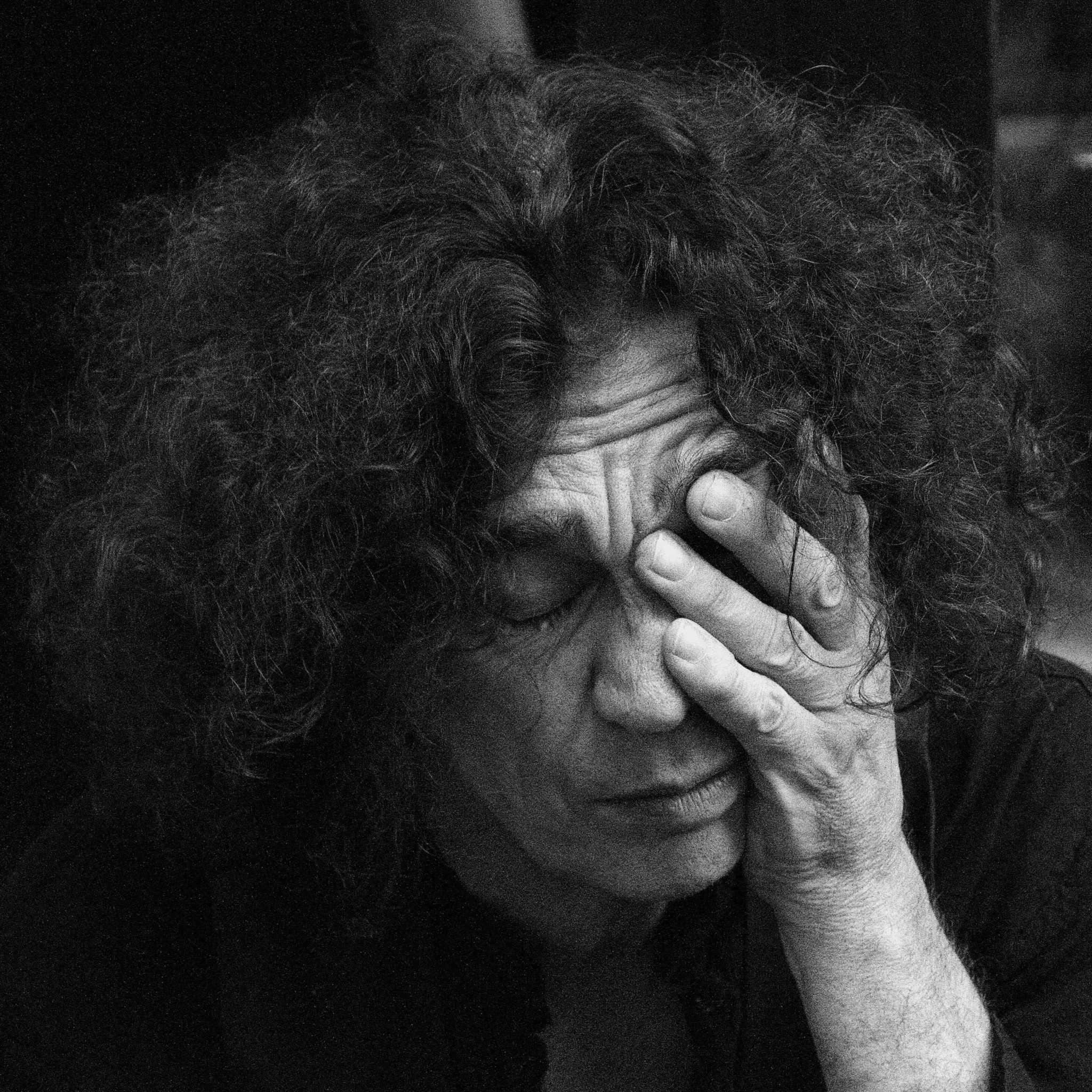Why Do Hangovers Get Worse With Age?
You’re never too old to have a good time. But when the good times involve alcohol, you might notice that the older you get, the harder it is to bounce back after a big night out.
So, why do hangovers get worse with age? Below, we’ll answer this pressing question, and give some tips on minimizing the misery of a post-twenties hangover.
What Is a Hangover, and Why Does It Happen?

A hangover is an unpleasant cluster of symptoms that often occur after you’ve been drinking—as the alcohol leaves your system. There are several factors that contribute to hangovers, including:
Acetaldehyde
When your liver metabolizes alcohol, it releases this toxic compound. Acetaldehyde causes inflammation throughout the body, which is linked to a wide variety of illnesses. Experts believe it’s related to the “sick” feeling of a hangover as well.
Dehydration
Alcohol is a diuretic, which means it causes you to urinate more than usual. People often experience dehydration after drinking, which can lead to headaches and fatigue.
Gastrointestinal irritation
Alcohol can irritate the lining of your stomach and boost acid production, leading to nausea and vomiting.
Poor sleep quality
Drinking alcohol may make you drowsy when you first hit the pillow, but as the night goes on it tends to disrupt your quality of sleep—particularly REM sleep, which is when your brain recharges itself. Poor sleep can worsen feelings of illness or anxiety.
Mini-withdrawal
Alcohol can cause feelings of euphoria while you are drinking, temporarily reducing anxiety and depression. As your brain attempts to rebalance itself after heavy alcohol consumption, you may experience the opposite effect, including what some people term “hangxiety” (hangover anxiety).
Hangover symptoms are at their worst when your blood alcohol concentration reaches zero, and they may last as long as 24 hours. In some cases, you might feel a bit unwell or “off” for even longer.
Why Are Hangovers Worse As You Get Older?
If you’ve noticed hangovers are far more difficult to manage with age, you’re not alone. It’s a common phenomenon, but not one that’s widely understood. So, why do you get more hungover as you get older?
There are several possible explanations:
- As you age, your liver may become slower to metabolize alcohol, prolonging the effects of a hangover.
- Aging leads to less total body water, which means the alcohol you drink gets less diluted. This can also slow the elimination of alcohol from your system.
- Many people start to drink less overall as they leave their early twenties behind. Worse hangovers may be the result of reduced alcohol tolerance.
- If you binge drink less often now, hangovers may simply seem worse because you are less used to them. With time, some older adults might forget just how bad their hangovers were back in the day.
Whatever the reason, hangovers getting worse with age is an experience shared by many. Luckily, there are plenty of things you can do to make hangovers less severe—even if you can’t banish them entirely.
How Can You Avoid Hangovers?

Unfortunately, there’s only one foolproof way to avoid a hangover: Not drinking. But in the case that you do consume alcohol, there are some steps you can take to make your “morning after” more manageable.
- Before drinking, be sure to eat and hydrate.
- While drinking, continue hydrating with water—or even a sports drink like Gatorade.
- Steer clear of shots, and stick with beer, wine, or mixed drinks. While mixed drinks still contain hard liquor, you’ll likely consume them slowly over time, which is better than pounding shots.
- Some people also take hangover pills, although there is limited evidence that these pills actually work.
- The morning after drinking, eat a hearty breakfast and rehydrate with water, sports drinks, or Pedialyte.
Of course, drinking in moderation is another way to stave off a horrible hangover:
- Set a limit before you head out, and create a plan for sticking to it.
- Pace yourself throughout the evening.
- Try to consume no more than one drink per hour.
Read More Tips for Keeping Party Drinking Under Control
That said, when you’re enjoying a night out with friends, turning down alcohol or sticking to just a couple of drinks is easier said than done. If you often struggle to limit your drinking—and you’re sick of the hangovers—Ria Health can help.
Our program offers convenient, flexible tools to help you reduce how much you drink, including online coaching, anti-craving medication, and even a digital breathalyzer to track your drinking. The whole thing can be done from an app on your smartphone, giving you support from anywhere, without putting your life on hold.
Learn more about how it works.
Will insurance cover treatment? Verify Coverage
Have Questions? Call (800) 504-5360



